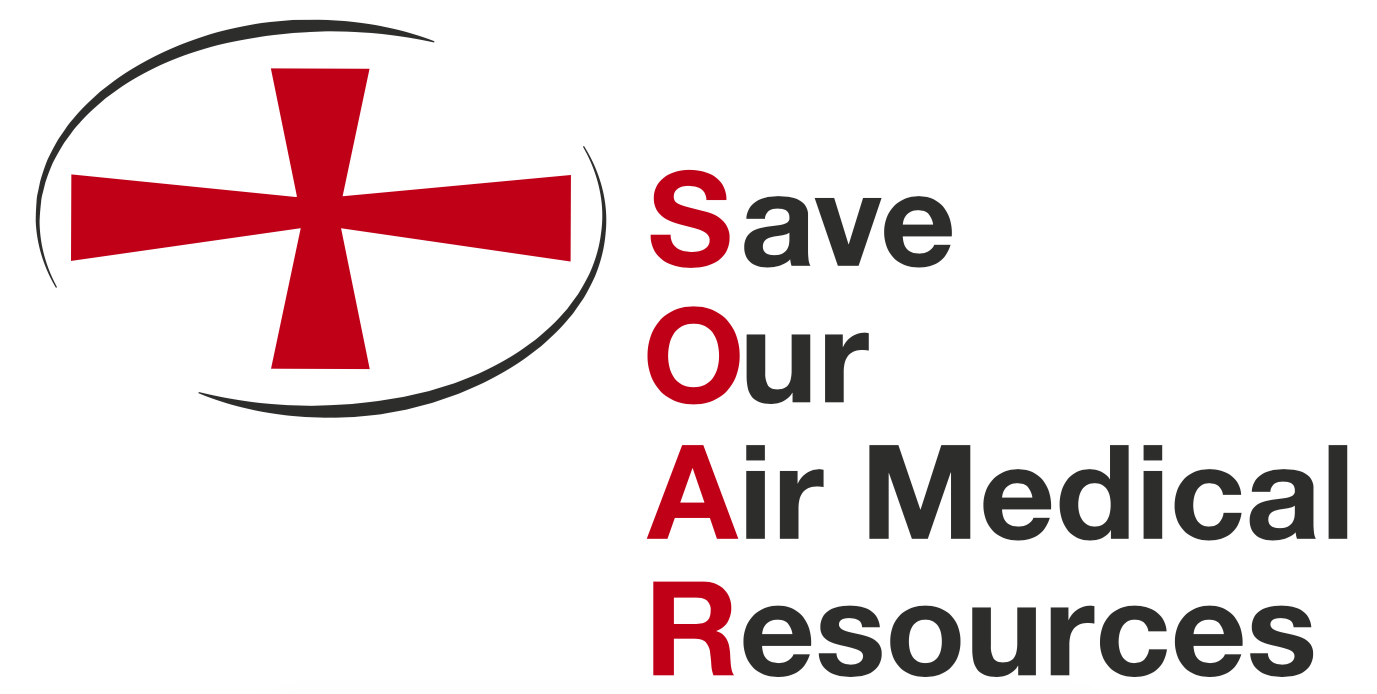Air ambulances are often referred to as ‘flying ICUs’ because they are equipped to provide critical in-flight care and can respond to emergencies quickly, especially in remote and hard-to-reach places. They are a key resource for more than 85 million rural Americans, including 4.7 million Veterans living in remote communities lacking nearby access to a hospital or medical center.
Earlier this year, the U.S. Department of Veterans Affairs (VA) announced cuts to its reimbursement rate for emergency medical services. This change – set to go into effect in February 2024 – will lower the VA’s reimbursement rate to be in line with the Medicare rate, which hasn’t been updated in over 20 years and only covers a fraction of the true costs associated with air transport. If the VA moves forward with these cuts, the financial challenges for air providers will only worsen, and many air medical bases will be forced to close, jeopardizing access to lifesaving medical care for our nation’s Veterans.
Unfortunately, the VA’s response to criticism that the cuts would hurt Veterans is to propose that ambulance providers negotiate separate contracts with each VA medical facility. This proposal, however, only applies to Veterans who are transported to VA facilities and are scheduled in advance. This is seriously misguided and doesn’t consider the unpredictable nature of emergency air medical transports. Air ambulance crews are typically directed to transport patients to the closest medical center to ensure timely lifesaving treatment, and it is not a guarantee that a VA facility will always be the closest option. So, even if ambulance providers contracted with the VA, in reality, only 1% of Veterans will be covered by this proposal, leaving nearly all Veterans uncovered and further limiting access to emergency services in rural areas.
We must pursue commonsense solutions that ensure Veterans have access to emergency care during their time of need. That’s why SOAR and our partners support legislative proposals to stop these cuts.

